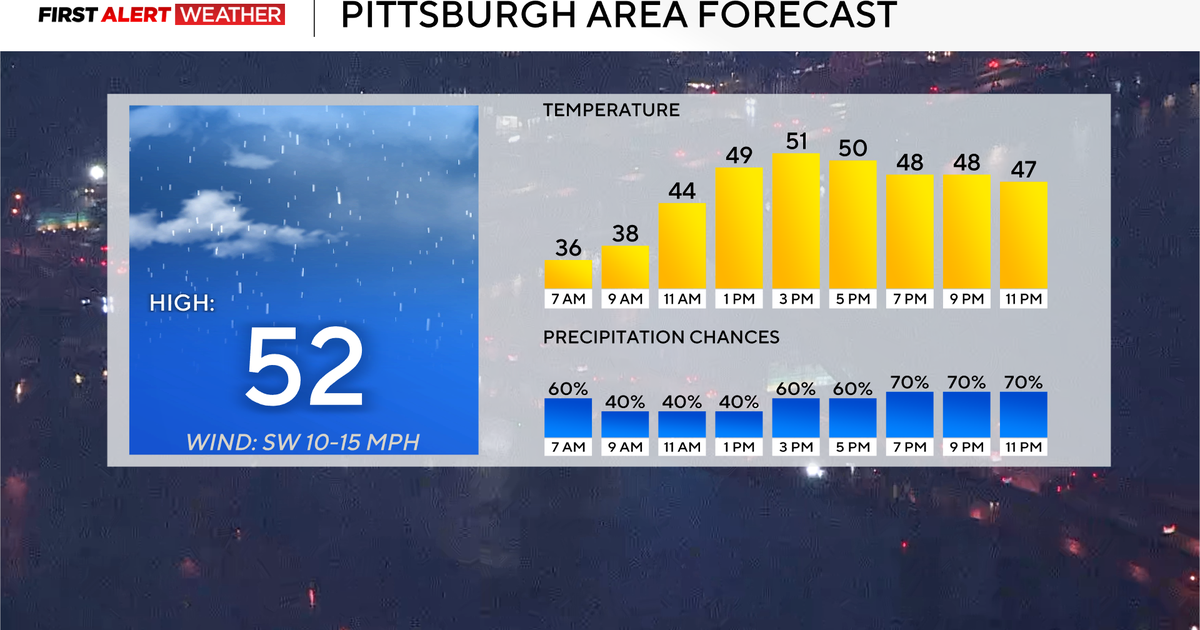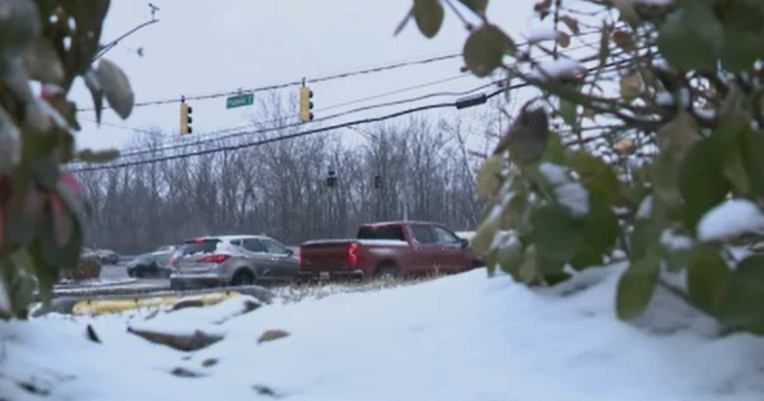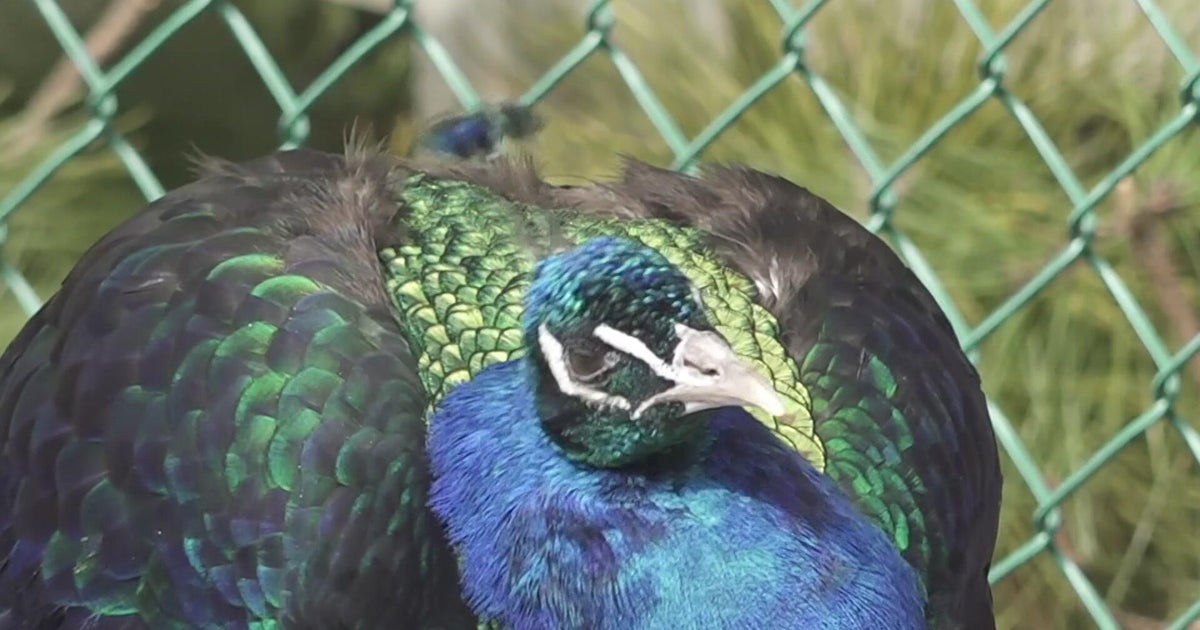Warmer winters bringing earlier blooms and earlier bugs, experts say
BALTIMORE -- If you enjoyed the extra sunshine and hotter temperatures this winter season, then enjoy the sweet fragrance of cherry blossoms blooming early.
But brace yourself for the early arrival of bugs.
Washington D.C's famous cherry blossoms tend to be the go-to indicator that Spring is here.
Mike Litterst with the National Park Service and National Mall said after experiencing the third warmest winter on record in the DC area, the cherry blossoms could bloom as early as March 22nd to March 25th.
"But it was so warm this year," Litterst said. "It's complicating things a little bit."
Normally, the blossoms are inactive during the winter. But the warmer temperatures this season are kicking off the blooming period earlier.
"We're seeing, if you will, some confusion in the trees about this," he said. "Our primary indicator tree is showing four different stages of the bloom process depending on which branches you're looking at."
But blossoms are not the only visitors that may pay us a visit sooner rather than later.
"This could turn out to be a very buggy year," University of Maryland Professor Emeritus of Entomology Michael Raupp said.
Michael Raupp, otherwise known as "The Bug Guy," said with blossoms expected to open two weeks sooner, we can expect to see more pollinators.
"The honeybees are busy," Raupp said. "The carpenter bees are out looking for pollen sources right now."
Though you may be tempted to show a little more skin because of the warmer weather, mosquitoes will be out in full force. So, have some extra bug spray on hand.
"At the temperature of 70 degrees Fahrenheit, it will take mosquitoes about two to three weeks to develop but at 90 degrees Fahrenheit they're going to do it in one week," Raupp said. "That means we will have twice as many generations in the same amount of time."
A spike in ticks is also a concern as it could lead to lime disease and red meat allergies.
Raupp said if you spot a tick on your body after a hike remove it in the first 24 hours. Then, wash your clothes and dry them for half an hour to kill any remaining ticks.
"The bugs that have been just hanging out there just waiting for a little warmth, hey guess what, they got it in spades right now," he said.
Maryland's growers are also facing some challenges because of the early heat.
"We're already hearing reports from our growers around the state that the Alfalfa Weevil, which is an important pest on certain crops and usually doesn't appear for several weeks, is actually active now and beginning to create damage on our forage crops," he said.
However, Raupp and Litterst say because of climate change all these changes are not surprising and may just become our new norm.







